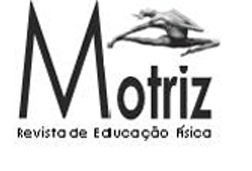Abstract
This study aimed to investigate the effect of a rehabilitation program using virtual reality (VR) in addition to conventional therapy for improvement of balance (BERG scale) and functional independence (FIM scale) in chronic stroke patients. Ten individuals, mean age of 51.4 (± 6.7 years), participated of eight 60-minute sessions comprising kinesiotherapy (15min), Nintendo Wii (30min) and Learning transfer (15min) exercises. After training, nonparametric statistical analysis showed significant improvement in total FIM (p = .01) and BERG scores (p = .00), and in some of their subitems: FIM - dressing lower body (p = .01), transfer to bathtub/shower (p = .02) and locomotion: stairs (p = .03); BERG - reaching forward with outstretched arm (p = .01), retrieving object from the floor (p = .04), turning 360º (p = .01), placing alternate foot on step (p ≤ .01), standing with one foot in front (p = .01), and one leg stand (p = .03). These findings suggest a positive influence of virtual reality exercises adjunct to conventional therapy on rehabilitation of balance and functionality post stroke, and indicate the feasibility of the proposed VR-based rehabilitation program.
Keywords:
rehabilitation; virtual reality; daily living activities; postural balance
